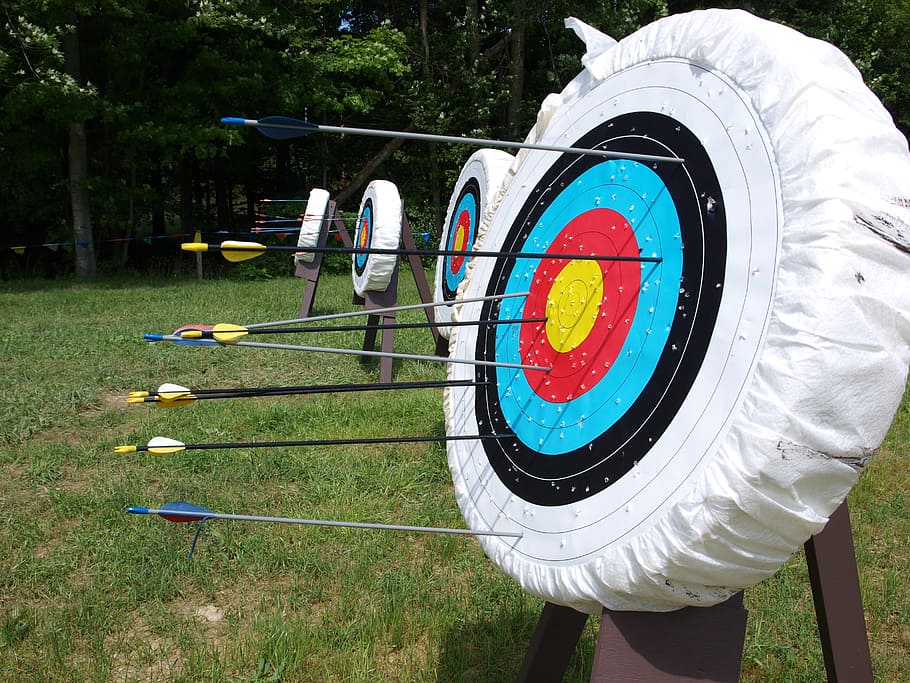
If you are already impacted by Stoicism, you might be telling yourself: ok, it is really great and makes full sense, especially nowadays, but, how do we apply it? How do we develop virtues and values? How do we deal with failure and other kinds of defeat?
I have also asked myself those same questions, and I discovered that Stoics left us tips on the art of living. Here are those tips adjusted to 21st Century life. Hope you make good use of them.
Negative Visualization
Stoics suggested we should develop our gratitude by sometimes imagining our lives without things and people we take for granted. It has to be a constant feeling. We must remind ourselves about the value of things and people time and time again. Then, we would also be grateful even for the old car we’re driving around. What if we didn’t have it ?
‘People don’t value what they have until they lose it’ is a very known cliché, but it is also very true. We don’t usually remember to be grateful for our good health until we get sick. I must confess, for some aspects of my life, unfortunately, it is true. It’s something we all need to work on.
Memento Mori
Memento mori refers to meditating over death. Let’s remember stoics believe we can divide life into two different types of events, the ones we can control and those we cannot.
Death is clearly part of the latter. Everyone knows we are all coming physically towards death, each day one step closer, but we don´t know how and when. Until then, are you living in a way you could say you´ve done your best as a human? Have you made other people’s lives better? Have you developed yourself?
How have you lived so far? Could you depart with ease? Did you do your best? It may sound an odd exercise but lots of people facing death have regrets, but it is too late to change it. So, it is a privilege to be able to give your life a new purpose if you can.
Another benefit of this practice is overcoming fear. Death will happen. It is not something you can control, so why fear it? Don’t spend energy thinking about how to avoid it. Make sure you are doing your best to live a good, healthy life, so when the time comes your passage will be a peaceful one.

Define targets but don’t focus on results
One of Stoic’s main teachings is that we shouldn’t let those conditions we cannot control disturb our inner balance. You should keep on behaving the right way. Do your best to reach your goals, and this way you will be pleased with yourself knowing you´ve done your part. What comes next is not in your hands.
If you want to have a successful marriage, it doesn’t depend on you, at least not totally. You should do your best (being a good spouse), establish communication with your partner, understand his/hers expectations. If already in a critical stage, do your best looking for solutions, but keep in mind, the result does not only depend on you.
Experiencing discomfort
Put yourself in discomfort once in a while. It will remind you to be grateful and show you need a lot less than you have or think you need.
We must acknowledge we live in a materialistic world. We are exposed to reminders and advertisements telling us we need this and that. If we put our critical sense into work, you will see the more virtues you develop the less you need.
Try it. Eat the same food for a couple of days; have a cold shower; don´t eat for a whole day; go out in the cold weather without a coat; don´t turn on the A/C when it is really hot; walk somewhere you usually go by car. There are many other things we can do. Just be creative.
Develop a Virtuous Character
Seneca said his purpose was to reduce his vices each day. When we become better people, a long-lasting satisfaction comes along. The great question is how to do it?
The idea of the journal Marcus Aurelius used to write every night can be a useful tool here. You can question yourself about areas where you want to be better and think of ways of developing it. You can reflect on how you have spent your day and acknowledge what you could have done better.
We must remark two important observations. First, none of the Stoic exercises has the purpose of bringing guilt and regret, so be sure to use the past as reference and drop it. The second is motivation. Real virtue comes with legitimate intentions. If you decide to do something, do it for the right reason without a parallel agenda.










